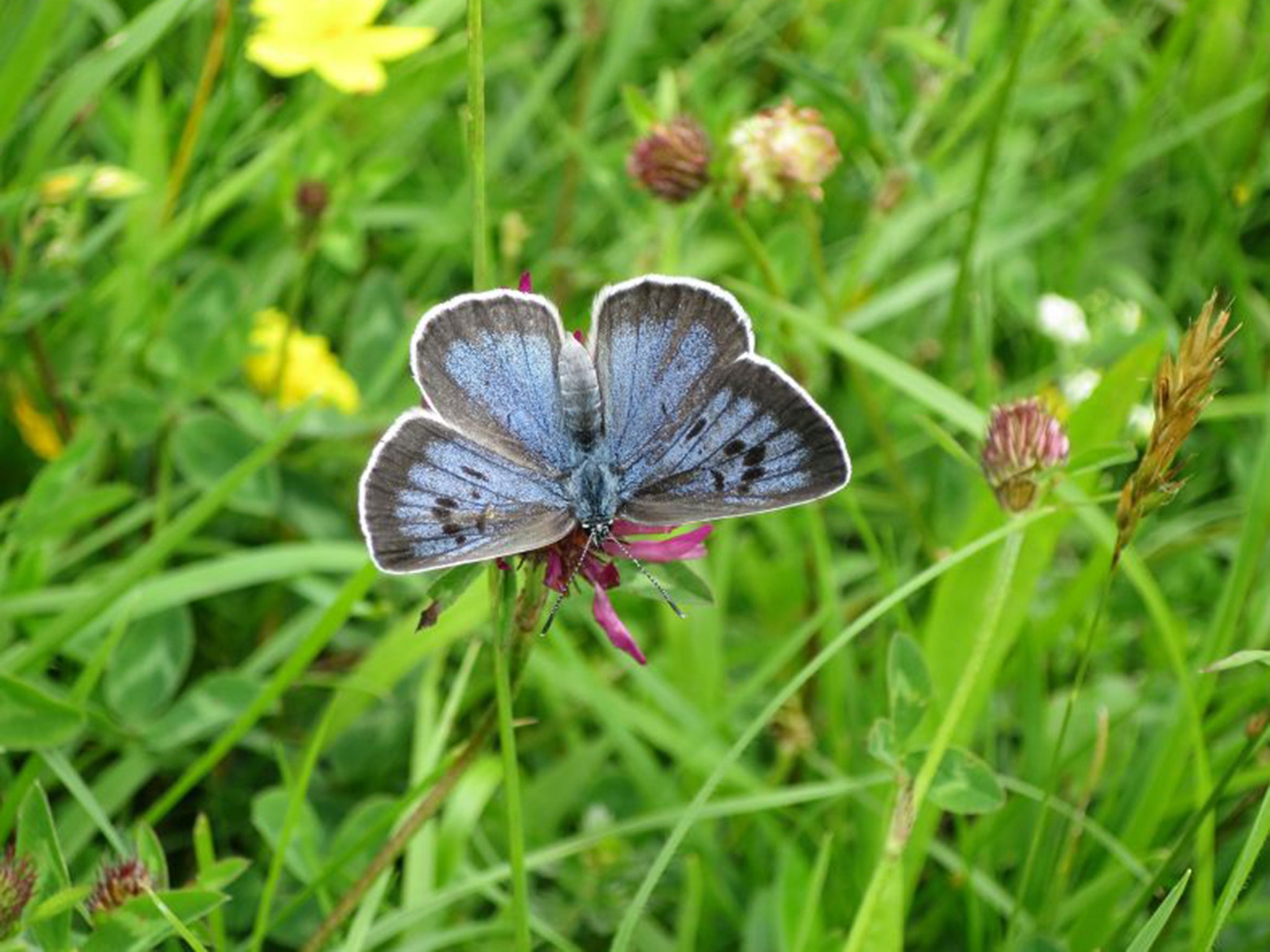Butterflies could be about to be wiped out by extreme weather
The effect is probably already happening

Your support helps us to tell the story
From reproductive rights to climate change to Big Tech, The Independent is on the ground when the story is developing. Whether it's investigating the financials of Elon Musk's pro-Trump PAC or producing our latest documentary, 'The A Word', which shines a light on the American women fighting for reproductive rights, we know how important it is to parse out the facts from the messaging.
At such a critical moment in US history, we need reporters on the ground. Your donation allows us to keep sending journalists to speak to both sides of the story.
The Independent is trusted by Americans across the entire political spectrum. And unlike many other quality news outlets, we choose not to lock Americans out of our reporting and analysis with paywalls. We believe quality journalism should be available to everyone, paid for by those who can afford it.
Your support makes all the difference.Extreme weather could threaten the existence of Britain’s butterflies, according to a new study.
Heat waves, cold snaps and heavy rain have probably already contributed to crashing populations of butterflies, the scientists behind the study say. And that same effect is likely to continue.
While scientists have long known that climate change can cause lasting and intense damage to ecosystems, scientists know a lot less about the way that shorter spells of extreme weather can affect them.
The new study looked at data from the UK Butterfly Monitoring Scheme to explore how butterfly populations have changed. That data includes information on populations from more than 1,800 sites in the UK across 37 years.
The team found that rainfall level during the cocoon life stage of butterflies adversely affected more than a quarter of butterfly species in the UK.
But the greatest harm was caused by extreme heat during the "over-wintering" life stage, which had an impact on more than half the species.
Study co-author Dr Aldina Franco, from the University of East Anglia, said: "This may be due to increased incidences of disease or potentially extreme hot temperatures acting as a cue for butterflies or their larvae to come out from over-wintering too early and subsequently (be) killed off by temperatures returning to colder conditions."
Hot weather was found to benefit warmth-loving adult butterflies, leading to a positive population change in more than a third of species.
However, on balance the bad effects of extreme weather events outweighed the good, said the scientists whose findings are published in The Journal Of Animal Ecology.
Dr Franco added: "Years with extreme warm summers and winters may have mixed effects. For example, this year was terrible for butterflies. Although the summer was warm the number of butterflies counted during the Big Butterfly Count was particularly low.
"Our study indicates that this could have resulted from the detrimental effects of the warm winter.
"For example, the recent low counts of Gatekeeper, Common Blue, Comma, Peacock and Small Tortoiseshell butterflies could be explained by our results due to their negative response to warm winters which was just experienced."
Lead author Osgur McDermott-Long, of the School of Environmental Sciences at UEA, said: "This is the first study to examine the effects of extreme climate events across all life stages of the UK butterflies from egg to adult butterfly.
"We wanted to identify sensitive life stages and unravel the role that life history traits play in species' sensitivity to ECEs.
"The study has demonstrated previously unknown sensitivities of our UK butterflies to extreme climatic events, which are becoming more frequent with climate change.
"Some of these effects are undoubtedly putting future populations at risk, such as extremely warm winters, however we've seen that warm and even climatically extreme hot summers may actually benefit butterflies."
Dr Tom Brereton, from Butterfly Conservation, who also took part in the research, said: "If we are to mitigate against extreme events as part of conservation efforts, in particular, we need a better understanding of the habitat conditions which can lead to successful survival of adult, pupal and over-wintering life stages of UK butterflies in these situations."
Additional reporting by Press Association
Join our commenting forum
Join thought-provoking conversations, follow other Independent readers and see their replies
Comments